President Donald Trump’s desire to annex Greenland implies that the forthcoming parliamentary election in this self-governing Danish territory will attract international attention.
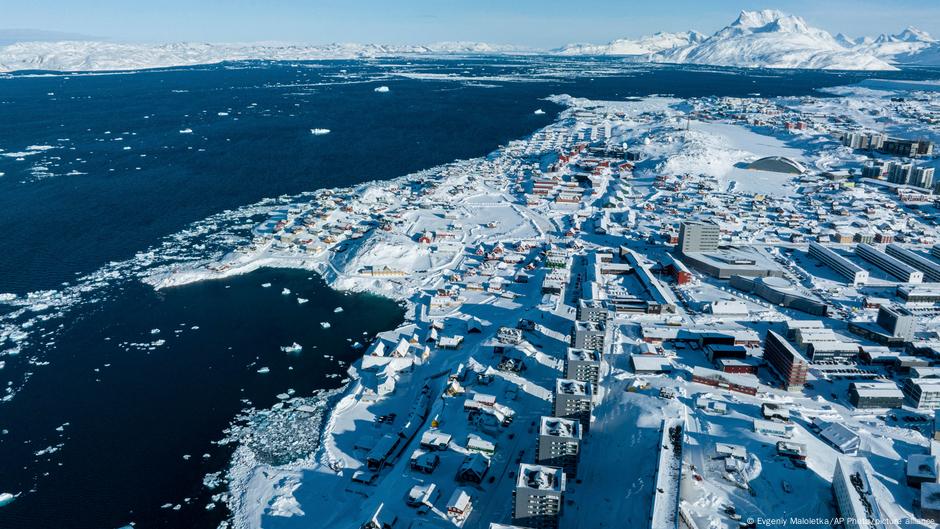
Under usual circumstances, this election might not attract significant global attention. Approximately 40,000 electors will select only 31 parliamentary representatives, and the entire process will occur on an island that lacks full autonomy.
However, these are extraordinary circumstances, and this election in Greenland scheduled for March 11 might serve as a catalyst for increased geopolitical instability across the Northern Hemisphere.
Initially, this vote is driven by proponents of Greenland’s independence who believe it could provide substantial backing for the island's full severance from Denmark. At present, Greenland, which was previously a Danish colony, operates as an autonomous entity within Denmark.
Secondly, and perhaps most crucially, due to US President Donald Trump having been vocal about it. incorporating Greenland into the United States Ever since his election last November.
Greenland's mineral wealth
Trump has often stated that it would align with U.S. security interests to exert control over Greenland. The United States has been operating the Thule Air Base in northwestern Greenland since the 1950s.
This location represents the most northerly American outpost and serves as a crucial site for missile warning systems and space surveillance. During the Cold War era, it operated under the name of Thule Air Base with the primary mission of providing early alerts and initiating defenses against possible Soviet strikes.
Aside from security concerns, economic factors could also influence Trump’s assertions about Greenland. The southern region of Greenland is believed to contain significant reserves of resources such as oil, natural gas, gold, uranium, and zinc.
As a result of climate change, which is causing Greenland's permafrost to melt, extracting these resources will likely become more straightforward in the future.
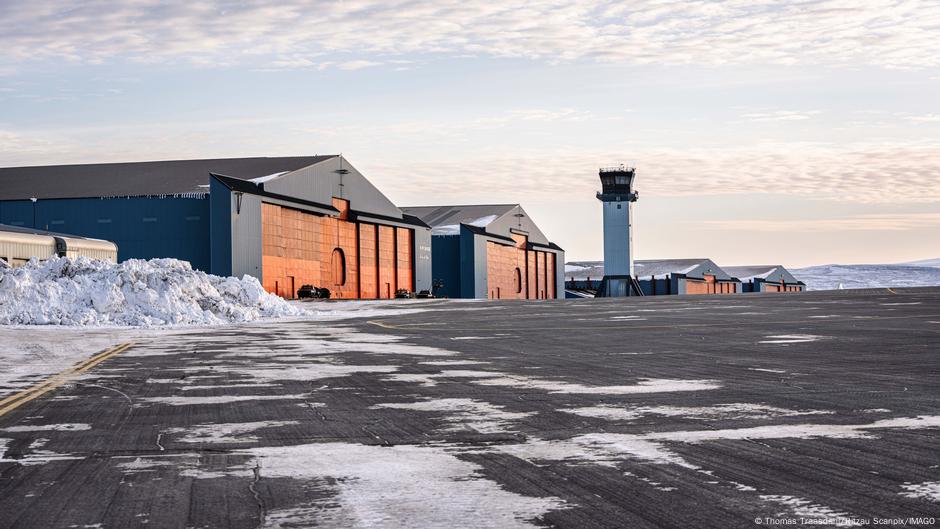
In 2019, during his initial term in office, Trump offered to buy Greenland The Danish government quickly dismissed that notion.
However, recently, Trump has persisted in declaring his expansionist ambitions, targeting regions such as Canada, the Panama Canal, and Gaza, along with Greenland.
Before assuming office in January, Trump had dispatched his son, Donald Trump Jr., to Greenland; ostensibly, he was visiting as a tourist.
A few weeks later, a poll was published showing that only 6% of Greenlanders wanted their island to become part of the US, While 85% were against the notion.
During his address to Congress In early March, President Trump once more expressed his interest, specifically addressing his remarks to the citizens of Greenland.
"we firmly stand behind your right to shape your own destiny," stated Trump. just two sentences later, He appeared to backtrack from that statement, saying, "I believe we will obtain Greenland — somehow or another, we'll acquire it."
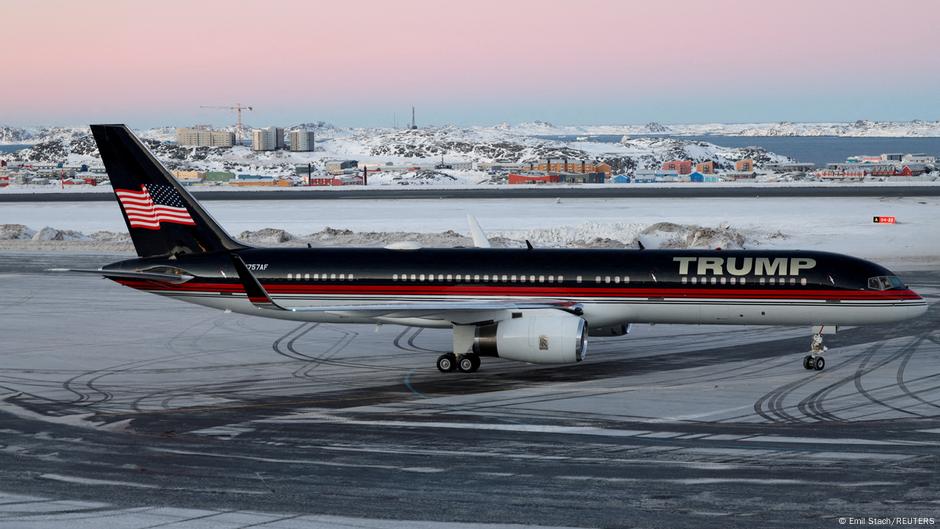
Foreign interference?
Considering the recent and impending elections, Greenland now faces the prospect of potential outside efforts to sway the nation’s voting process—such as interference from Russia or China, countries that are each pursuing their own interests. security priorities in the Arctic .
Denmark's national security and intelligence agency, PET, issued a warning about disinformation originating from Russia specifically.
Several instances of fake profiles emerged on social media in the weeks leading up to the announced date of the Greenlandic election. These included impostor accounts impersonating both Danish and Greenlandic political figures, which led to increased polarization among the public," according to PET, though they refrained from attributing these accounts to any particular nation.
Johan Farkas, an associate professor specializing in media studies at the University of Copenhagen, has encountered similar types of content circulating within Russian media circles. However, he believes such posts would likely not influence Greenland’s elections significantly since, apart from Danish, many residents primarily communicate in Kalaallisut, which is part of the Inuit linguistic group.
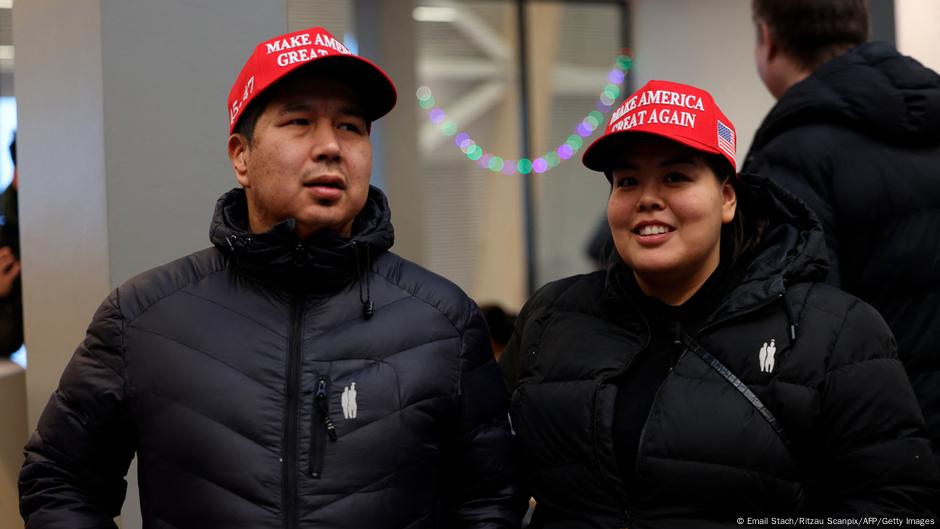
In numerous aspects, Greenland functions as a closely knit and compact society," Farkas stated to Candraokey News. "Therefore, manipulating false profiles or engaging in similar activities observed during previous elections would likely be challenging here.
However, that does not imply there’s nothing to be concerned about. As a disinformation researcher, my main worry has revolved around the implications at the level of broad political dynamics. For instance, would we witness scenarios where Elon Musk conducts live podcast interviews featuring particular candidates or Donald Trump endorses certain contenders? Such developments could pose severe risks and threats to the integrity of democratic elections,” Farkas contends, speaking particularly about the period leading up to Germany’s most recent national poll.
At that time, American tycoon Elon Musk made an appearance on social media alongside the head of Germany’s extreme-right political party, while U.S. Deputy Prime Minister JD Vance urged German center-leaning parties to collaborate with the far right.
Political controversies
Throughout this year, several disputes have arisen surrounding Greenland’s forthcoming election. It has been reported that individuals affiliated with Trump's "Make America Great Again" campaign circulated $100 bills in Nuuk, which serves as the nation's capital.
Kuno Fencker, a local Member of Parliament, visited Washington D.C., where he encountered a Republican politician. This individual discussed with Fencker the idea that Greenland ought to be annexed as part of U.S. territory.
Professor Farkas from the media studies department believes the threat hasn't subsided—the election is scheduled for March 11. However, he notes, "A month back, I was more worried than I am at present."
In early February, Greenland’s legislative body, the 31-member Inatsisartut, enacted legislation prohibiting contributions from outside sources and undisclosed donors to local political parties. Donations from Denmark are not included.
Moreover, Trump's proposal to purchase their nation isn't the sole issue residents will decide upon in the forthcoming election.
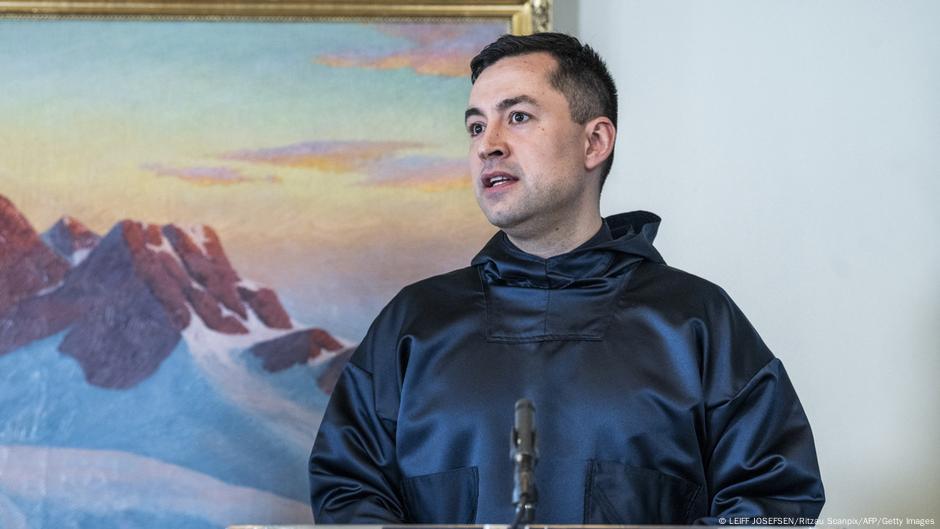
Independence from Denmark
Approximately 57,000 people inhabit Greenland, referring to themselves as Kalaallit. are similarly concerned about additional problems For instance, what mineral resources their island should develop and whether they should grant concessions to foreign partners for this purpose, as well as which partners these might be.
The discussion surrounding mining revenues forms part of the reasoning used by those advocating for independence from Denmark. Permitting international entities to engage in extraction activities within Greenland could decrease its reliance on Danish financial support.
This is due to the fact that Denmark provides more than half of Greenland's budget revenues to fund areas such as employment, healthcare, and education. The yearly expense for administrative backing and direct monetary transfers stands at a minimum of $700 million [€645.5 million], noted scholars from the Washington-based Center for Strategic and International Studies in January.
Greenland’s Prime Minister Mute Egede stated following President Trump's address to Congress that independence remains an ultimate objective. He emphasized, “We have no desire to become part of America or Denmark; we identify as Kalaallit. Both our current leadership and those from across the ocean should recognize this.” In another post on social media, he added, “The idea of selling ourselves or being claimed is out of the question. Our destiny lies solely within our own hands.”
Polls indicate that most people in Greenland likely favor becoming independent from Denmark, yet they have not decided when and how this should occur.
Farkas states that this ambiguity will persist even following the March 11 election. He emphasizes, “The crucial point is to step back and recognize that this issue does not vanish once the elections conclude,” as per his final statement.
Until the stated American desire to seize control of Greenland persists, there remains a danger that we might abruptly witness an intensification of such influence operations.
The original version of this story was in German.
Author: David Ehl
